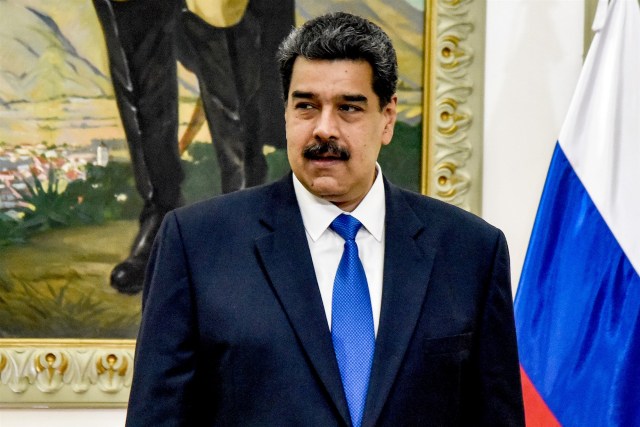
The Biden administration will continue recognizing Venezuela’s opposition leader Juan Guaidó as the legitimate president of the country and won’t negotiate anytime soon with President Nicolás Maduro, keeping a policy approach for now similar to former president Donald Trump’s, which had the support of many Venezuelans in the United States.
By Carmen Sesin / NBC News
“I certainly don’t expect this administration to be engaging directly with Maduro,” State Department spokesperson Ned Price said in a briefing with reporters Wednesday.
Pressed on whether that can change later on, Price responded “we certainly don’t expect any contact with Maduro anytime soon.”
Secretary of State Antony Blinken told members of the Senate in January that President Joe Biden would seek to “more effectively target” sanctions on Venezuela and that the administration would look at more humanitarian assistance to the country.
Allies of Maduro as well as some analysts favor negotiations between Venezuela and the Biden administration after years of tensions with the Trump administration, which also imposed more sanctions. Many Venezuelan expats in the United States prefer a hard-line approach, and Trump garnered much of their support because of his policy, which included insinuations that an invasion of the country was an option.
Leading up to the November elections, Trump and other Republicans cast Biden and other Democratic candidates as “socialists” and touted the administration’s hard-line approach toward Venezuela and other countries.
Venezuelans make up a small but growing group in the swing state of Florida.
On Wednesday, Price stressed that “Maduro is a dictator” and that his repression, corruption and mismanagement have created one of the most dire humanitarian crises in the Western Hemisphere.
The United States will continue to recognize Guaidó as the legitimate president even as the European Union recently said it can no longer consider him interim president but rather a “privileged interlocutor.”
The 27 states that comprise the E.U. said they could not legally recognize Guaidó after he lost his position as head of parliament following December’s legislative elections. The E.U. did not recognize that vote.
Dozens of other nations still recognize Guaidó.
Guaidó’s quest to oust Maduro from power has stalled. Maduro has overseen the collapse of the nation, once one of the wealthiest in Latin America. He is accused of corruption and human rights violations.
The Venezuelan leader calls Guaidó a puppet of the U.S. and has accused Washington of trying to oust him in a coup.

